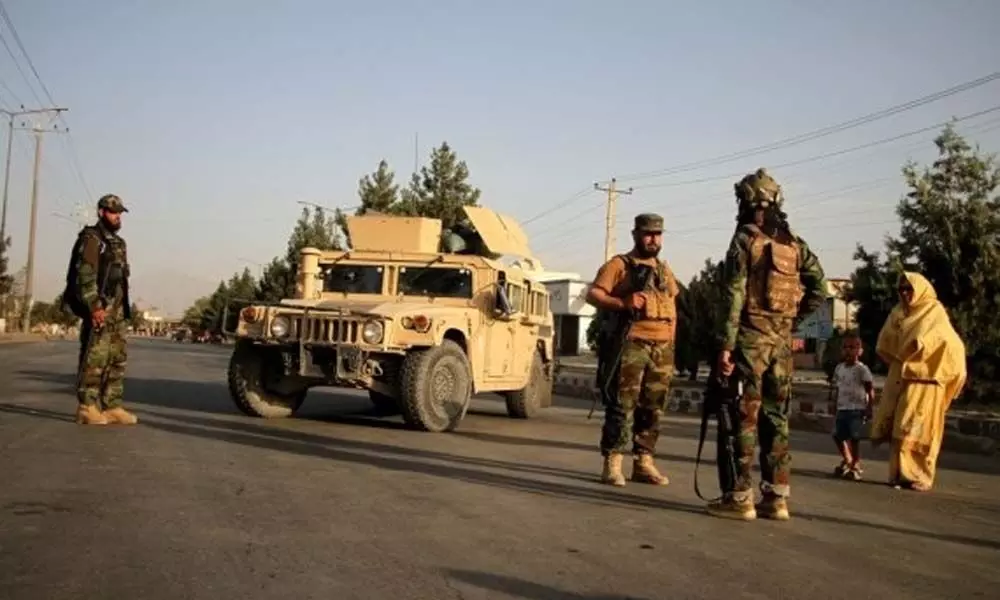Afghanistan's scientists fear loss of funding, research

The withdrawal of US forces and return of the Taliban in Afghanistan has stoked much fear and dejection among research scientists who predict huge losses not only in terms of funding but also of science.
The withdrawal of US forces and return of the Taliban in Afghanistan has stoked much fear and dejection among research scientists who predict huge losses not only in terms of funding but also of science.
During their reign from 1996-2001, the fundamentalist group brutally enforced a conservative version of Islamic Sharia law, characterised by women's-rights violations and suppression of freedom of expression, Nature reported.
But after they were overthrown in 2001 by a US-led coalition and a new government elected in 2004, international funding including from the World Bank, the US Agency for International Development and other organisations poured into Afghanistan and universities thrived.
Since 2001, research progressed, enrolment of female students as well as research burgeoned on topics from cancer to geology.
But with the regime now taking over again, scientists fear for their lives and the future of research. While many are fleeing out of the country, those who remain face lack of funding and the threat of persecution for being involved in international collaborations, or because of their fields of study or their ethnicity, the report said.
News reports claim that billions of dollars in overseas finance for Afghanistan's government, such as assets held by the US Federal Reserve and credit from the International Monetary Fund, have been frozen.
"The future is very uncertain," geologist Hamidullah Waizy, a researcher at Kabul Polytechnic University was quoted as saying.
"The achievements we had over the past 20 years are all at great risk,a added Attaullah Ahmadi, a public-health scientist at Kateb University in Kabul.
In the last 20 years, some three dozen public universities have been established or re-established since 2010, and tens more private universities have been set up.
Even the student population at public universities grew to 170,000 in 2018 from 8,000 in 2001, and one-quarter of these were women, the report said.
Further, the number of research papers also increased to 285 in 2019 from 71 in 2011, according to Scopus - a database of peer-reviewed literature.
But now "there will be a stagnation of science and research progress", Shakardokht Jafari, a medical physicist at the University of Surrey in Guildford, UK, who is originally from Afghanistan.
While many researchers have gone into hiding, or plan to cross into neighbouring countries, some are also seeking asylum overseas. In August alone, humanitarian organization Scholars at Risk (SAR) in New York City received more than 500 applications from people in Afghanistan, the report said.
So far, 164 institutions globally have agreed to host scholars, and SAR has appealed to US and European governments to fast-track visas and continue evacuation flights, said Rose Anderson, director at SAR.
However, several researchers report that the Taliban is in discussion with university heads about restarting classes. There are also suggestions that women might be allowed to continue their studies, although the Taliban has ordered that women and men be taught separately, and some universities have proposed introducing partitions in classrooms, the report said.

















